The Chinese government 's policy to support and stabilize the real estate market has initially shown effectiveness in first-tier cities before the Lunar New Year.

The Chinese government's stable support policies initially helped reverse the downward trend of the real estate market for most of 2024 - Photo: Xinhua
After China implemented a "combination" policy to boost the real estate market, sales of China's top 100 real estate enterprises in December 2024 maintained the same level as the same period in 2023.
This marks a reversal from the downward trend that lasted for much of 2024, and reflects signs of stabilization emerging in the property market.
According to a January 2 report by The Paper , the number of transactions in the secondary real estate market in China's first-tier cities also recorded a new increase.
Although current figures show signs of stabilization in the property market, China's overall economy is still in the process of adjustment.
According to data from CRIC Real Estate Research on December 31, in December 2024, China's top 100 real estate developers achieved revenue of more than 400 billion yuan, up more than 24.2% month-on-month, remaining stable compared to the same period in 2023 and improving 6.9% compared to November 2023.
According to data from the Beijing Municipal Urban-Rural Construction and Housing Commission, in December 2024, the number of secondary real estate transactions in Beijing exceeded 21,000 units, an increase of 15% compared to November 2024 and an increase of 66% compared to the same period in 2023.
The secondary real estate market in Guangzhou city also recorded signs of stability. In December 2024, the number of transactions remained above 11,000 units, up 0.67% compared to November 2023, up 17.33% compared to the same period in 2023.
Some industry experts believe that favorable policies are the reason for the increase in the secondary real estate market in China's first-tier cities in December 2024, and the number of transactions is expected to remain high in the first quarter of 2025.
However, Centaline Property analyst Zhang Dawei said the polarization of China's real estate market is still ongoing, especially in Beijing.
About 30% of secondary real estate in Beijing has seen significant price increases, but most of the remaining real estate is still in the process of testing the bottom.
Cushman Wakefield Research Institute Vice President Zhang Xiaoduan said the prerequisite for the Chinese real estate market to achieve stability is that transaction volume must be maintained sustainably.
Only when the transaction volume is stable, real estate prices have a foundation to maintain or grow.
Whether China's real estate market will truly stop declining and reach a stable state remains to be seen through the effectiveness of policies and developments after the Lunar New Year, Centaline Property general manager Hoang Thao told Lianhe Zaobao .
Source: https://tuoitre.vn/tinh-hinh-bat-dong-san-trung-quoc-tren-da-on-dinh-truoc-tet-nguyen-dan-20250102162851261.htm




![[Photo] Hanoi morning of October 1: Prolonged flooding, people wade to work](https://vphoto.vietnam.vn/thumb/1200x675/vietnam/resource/IMAGE/2025/10/1/189be28938e3493fa26b2938efa2059e)



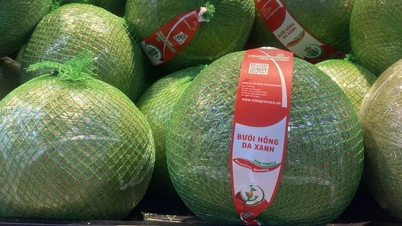


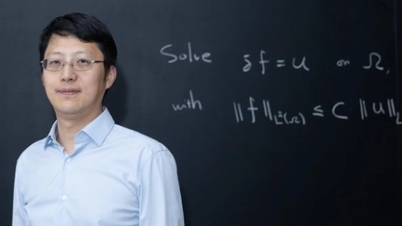




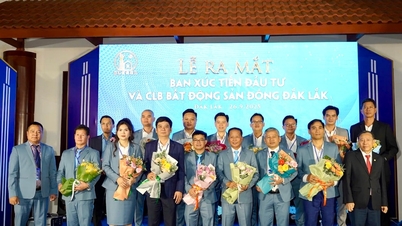

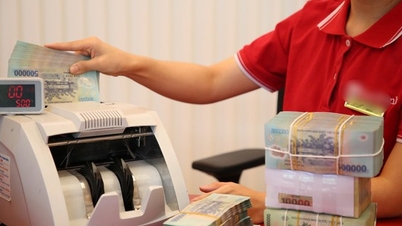




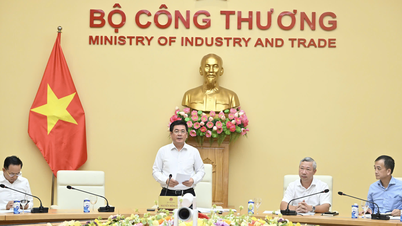








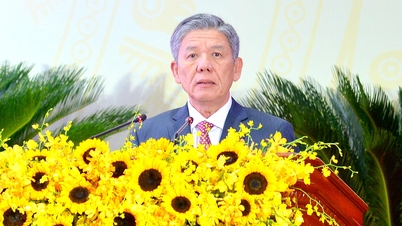



![[Photo] President of the Cuban National Assembly visits President Ho Chi Minh's Mausoleum](https://vphoto.vietnam.vn/thumb/1200x675/vietnam/resource/IMAGE/2025/10/1/39f1142310fc4dae9e3de4fcc9ac2ed0)











































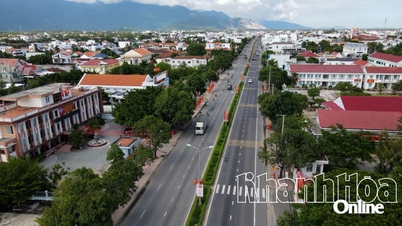

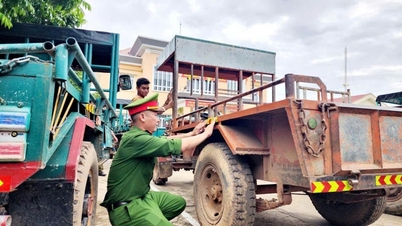














Comment (0)